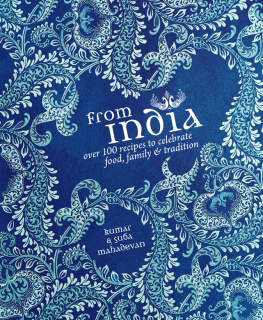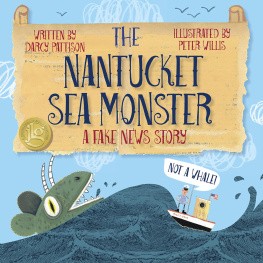Mary Coffin Starbuck: daughter of one of the first proprietors of Nantucket Island, highly revered, likened to Deborah the Judge of the Old Testament
Tristram Coffin: proprietor of Nantucket Island, father of Mary, husband of Dionis
Peter Foulger: surveyor, missionary to the Wampanoag Indians of Nantucket Island, joined the proprietors
Reynolds Ren Macy: whaling captain on the Endeavour , father of Hitty and Henry, husband of Jane
Glossary
Language of 19th-Century Nantucket
Many of these nautical expressions have found their way into our modern vernacular, such as feeling blue (when a ship lost its captain during a voyage and would fly blue flags) or crew cut (a short haircut given to the entire ships crew).
ambergris: a waxy, grayish substance found in the stomachs of sperm whales and once used in perfume to make the scent last longer
baleen: the comblike plates of cartilage in a whales mouth to strain plankton and other food from the water; very valuable for its strength and flexibility
boatsteerer/harpooner: crew at the bow of the whaling boat whose job is to spear the whale
broken voyage: a whaling ship that returns home with less than a full load of oil
cooper: barrel maker
cooperage: workplace of the cooper
cranky: an unstable sailing vessel, from the Dutch krengd
crew cut: a short haircut given to the whole crew
cut and run: an act of cutting the anchor line in an effort to make a quick getaway
deep six: a fathom, the unit of measurement for the depth of the sea, is six feet; sailors used the term to refer to throwing something overboard
disowned: under church discipline
elders: historically, those appointed to foster the ministry of the Quaker meetinghouse and the spiritual condition of its members
facing benches: the benches or seats in the front of the meeting room, facing the body of the meeting, on which Friends ministers and elders generally sat
feeling blue: a custom when a ship lost its captain during a voyagethe ship would fly blue flags and have a blue band painted along her hull when she returned to port
fin up: dead
First Day: Sunday (Quakers did not use names for days of the week, nor for the months, as they had originated from pagan names)
First Month: January
flensing: butchering of the whale
Friends and Society of Friends: Quaker church members
forging ahead: a naval term for pressing on
from stem to stern: all-inclusive, very thorough
gam: to visit or talk with the crew of another whaling ship while at sea
gangplank: a movable bridge used to board or leave a ship
greenhand or greenie: an inexperienced sailor making his first whaling voyage
hold in the Light: to ask for Gods presence to illuminate a situation or problem or person
hulk: an old sailing vessel that is no longer seaworthy
idler: a crewman whose tasks required daylight hours (cook, cooper, cabin boy)
lay : the percentage of a ships profit that each crew member receives; a sailors lay usually depends upon his experience and rank
lookout: the sailor stationed in the crosstree to watch for whales
Meeting: Quaker term for church
minding the Light: an expression used to remind Quakers that there is an Inward Light in each of them that can reveal Gods will, if its direction is listened to and followed
mortgage button: a Nantucket tradition of drilling a hole in the newel post of a households banister, filling it with the ashes of the paid-off mortgage, and capping the hole with a button made of scrimshaw; in the south, its called a brag button
moved to speak: an experience, in the quietness of the meeting, of feeling led by God to speak
mutiny: an uprising or rebellion of a ships crew against the captain














